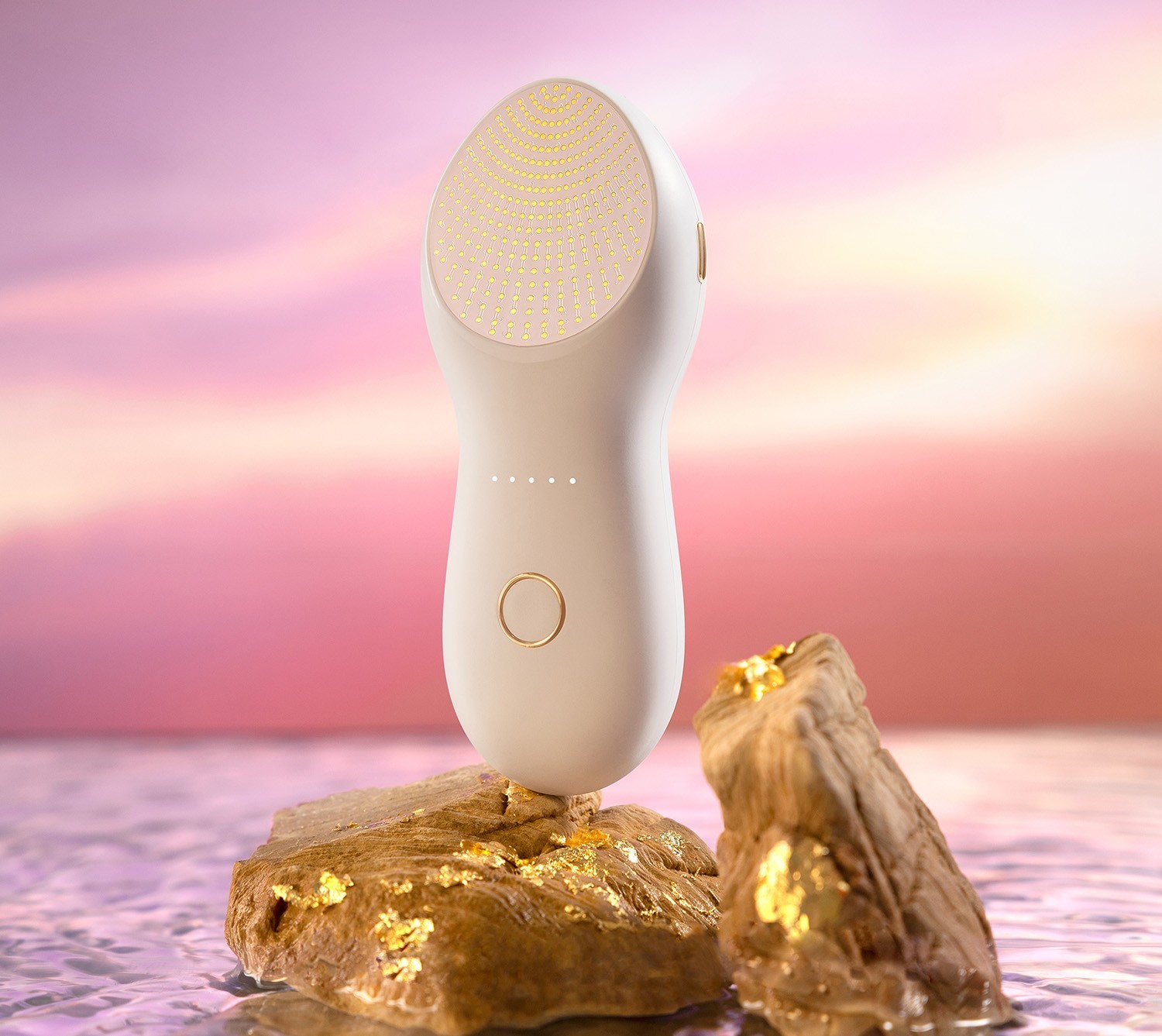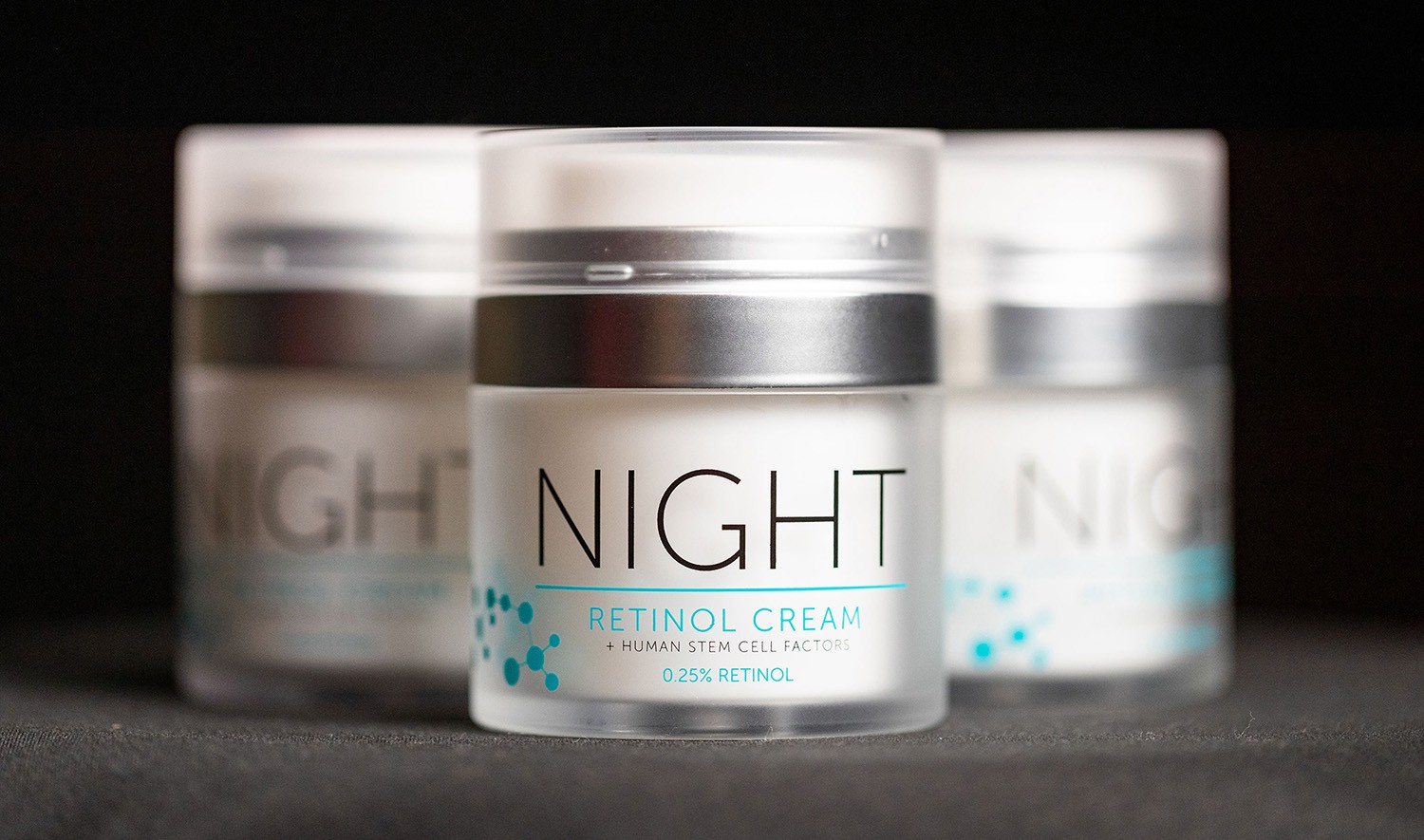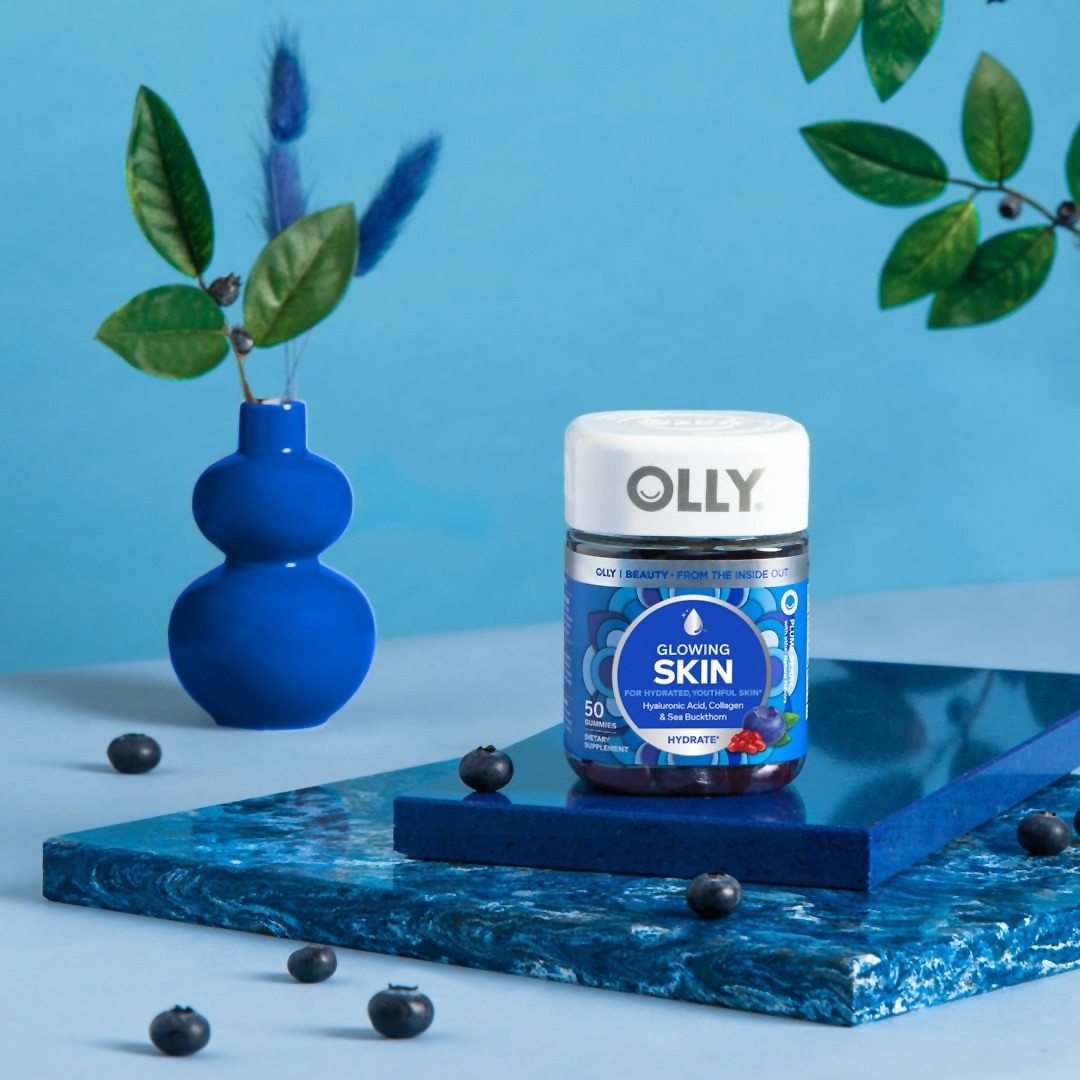Story by Judy Goppert
Take a look at the label on the vitamins in your cabinet. Chances are, you will notice collagen as one of the ingredients, especially in the hair, skin and nail vitamins that are trending. Collagen is a naturally sourced substance from the cartilage of animals and is available to mix in everything from coffee to smoothies.
Derived from the Greek word Kolla, which means glue, collagen has been referred to as the glue that holds our bodies together. It is vital for healthy skin, tendons, bones, cartilage, and other connective tissue helping to keep them strong and resilient, and able to withstand stretching.
Cosmetically, it is known to help reduce wrinkles, strengthen hair, reduce brittle nails, and is somewhat a fountain of youth! Our grandparents had the right idea when they ate more food with collagen, such as connective tissue in steaks, roast beef, and fish. Like them, we can help our bodies produce more collagen naturally as we age by eating these, plus chicken, dairy, eggs and beans, citrus fruits, tomatoes, leafy greens, shellfish, nuts, and whole grains.
Research is plentiful and somewhat overwhelming. Products have evolved from the days gone by of the “naturally” made lotions that used the same oil as saddle oil, though grandma looked great well into her golden years. A friend of mine told me her aunt looked youthful by using Chamberlain’s oil.
Since the dawn of time, as we age, we have been searching for a miracle potion. Collagen is one on that list, as well as Hyaluronic acid and even Botox.
As time goes on, our bodies gradually make less collegan, which can begin as young as age 18. By age 40, the body can lose about one percent each year. This results from all the things we do throughout our lives that are fun, yet at the same time bad for us, including sunbathing, smoking, alcohol use, and lack of sleep and exercise. When this occurs, it does not hurt to look for a collagen supplement to boost your production. It’s as easy as adding hair, skin, and nail vitamins and gummies to your routine.
When should we begin this regimen? Sooner than later.
Dermatologists recommend peptides, which are small proteins that stimulate the production of collagen. These peptides have been on the edge of antiaging for some time. The excitement began a couple of years ago when research was done on the ingredient Matrixyl, showing it had the ability to stimulate the production of collagen in the skin. Research is still being done on additional peptides.
Another of the dermatologist-recommended topical anti-aging treatments are the retinoids, which are derivatives of vitamin A. These are offered as prescription treatments such as Retin A or Renova. They are also available in lesser strengths in over-the-counter products – look for the ingredient retinol. These retinoids are believed to work on aging skin by increasing collagen production and decreasing collagen breakdown.
To find out about more collagen news, visit with a dermatologist and ask questions. Your local pharmacist may also be able to recommend over-the-counter anti-aging treatments in their store.
Remember Billy Crystal’s Saturday Night Live character saying, “It is better to look good than to feel good?” That is no longer the case. We know that to look good, you need to feel good. Taking or using collagen is a simple step in that journey.
Here’s to looking good and feeling good inside and out!









